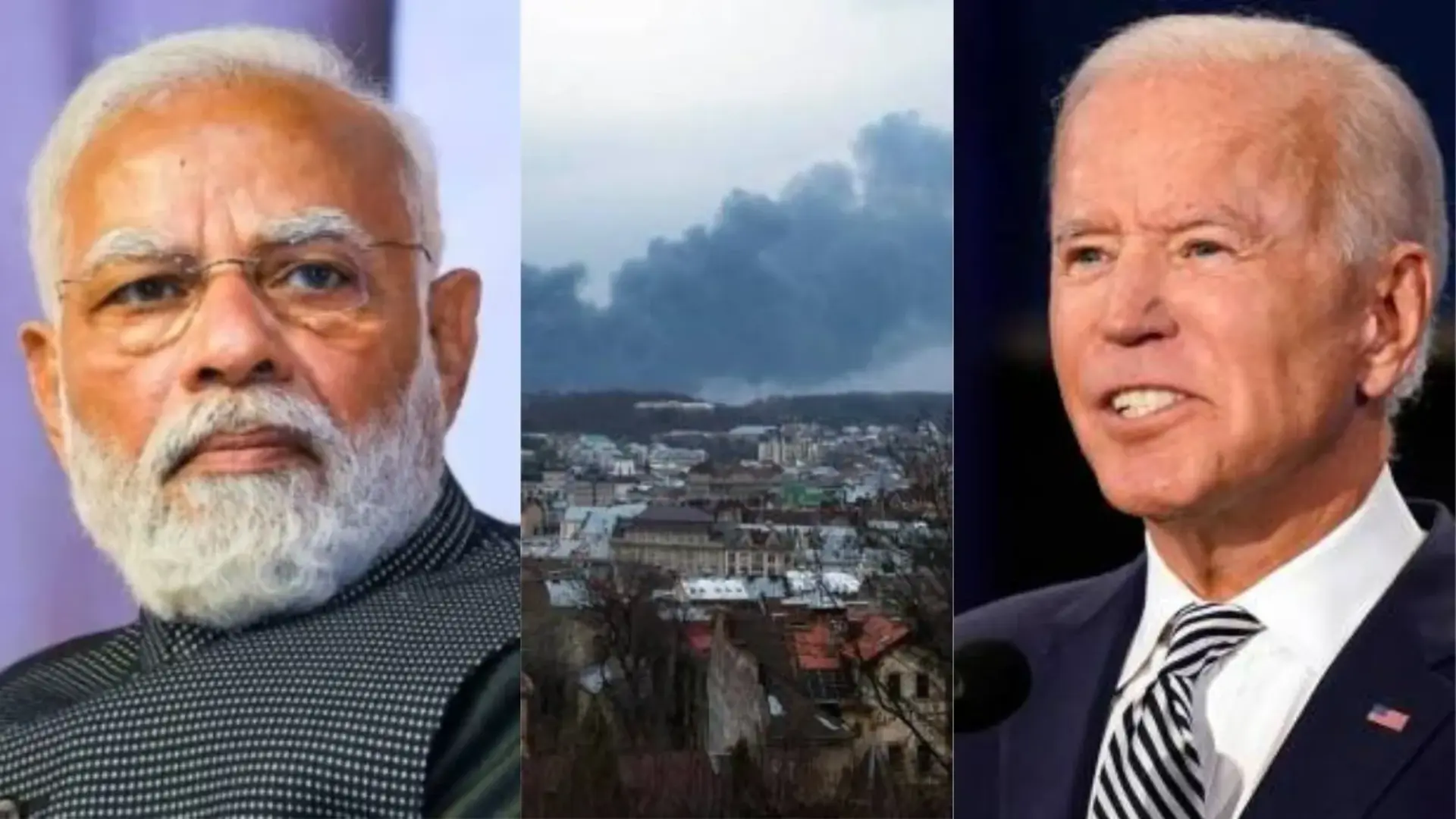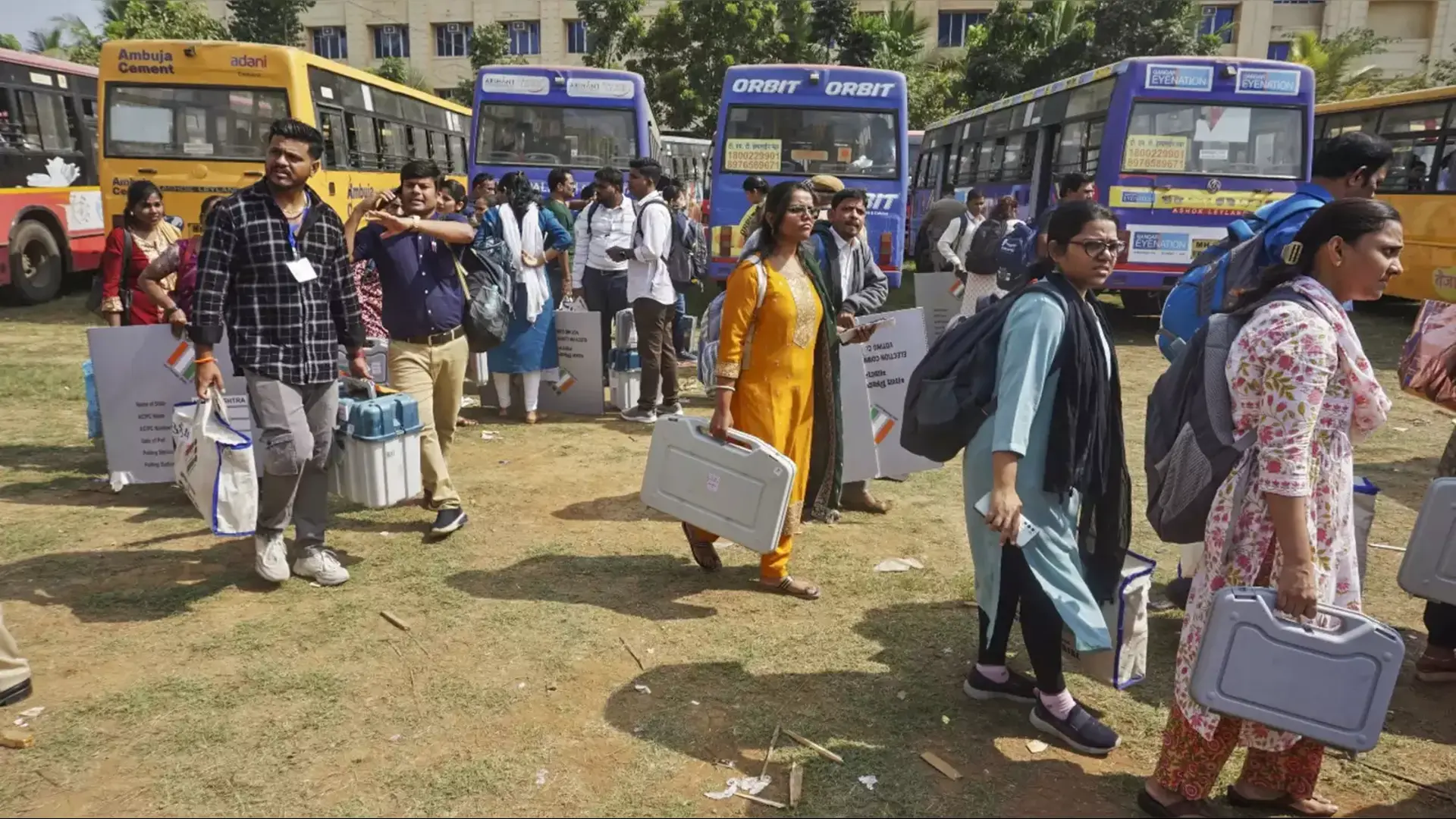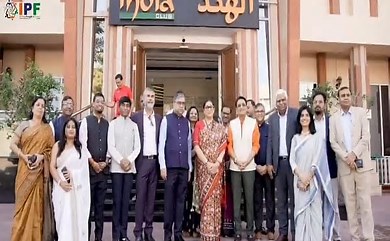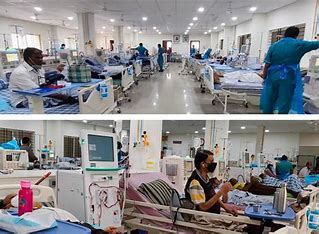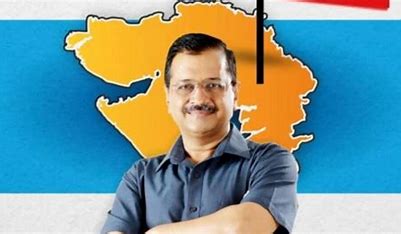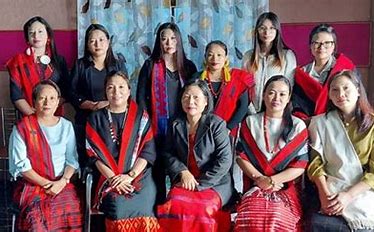
‘
NEW DELHI: In what will pave the way for Bangladesh Prime Minister Sheikh Hasina’s long pending visit to India, External Affairs Minister (EAM) S. Jaishankar will visit Dhaka and Bhutan from 28 to 30 April. Jaishankar will hold discussions with his Bangladeshi counterpart, A.K. Abdul Momen, during which a wide range of issues of bilateral and mutual interests will come up, with China being no exception. Highly-placed sources told The Daily Guardian that “China’s debt trap policy” will figure during the talks between the two foreign ministers in Dhaka.
Source said that Jaishankar would use the opportunity to caution Bangladesh not to fall for Beijing’s debt-trap diplomacy. “It is in this context that the Bangladeshi foreign minister will be reminded of China’s role in pushing Sri Lanka into a debt trap,” sources added.
While responding to a question from Momen at the Munich Security Conference in February, Jaishankar had advised caution to developing countries seeking foreign investment to fund development projects. Momen’s question was that “China comes forward with a basket of money and aggressive proposals, affordable proposals, and then you have a problem. What to do?” Then Jaishankar’s response was, “Look, international relations are competitive, every country will look for opportunities and see what it can do. But while doing so, it is in their own interest to be prudent about what they are getting into, to do the due diligence. We have seen countries, including in our region, being saddled with large debts.” Jaishankar’s remark was seen as a thinly-veiled dig at China and its debt-trap diplomacy.
Significantly, just two days ahead of his upcoming meeting with S. Jaishankar, Bangladesh Foreign Minister A.K. Abdul Momen on Tuesday reiterated that there is no scope for Bangladesh to get into Chinese debt trap. “We remain very careful. There’s no scope that we’ll fall into a debt trap. We cut our coat according to our clothes,” he told reporters while responding to a question at his office at the Ministry of Foreign Affairs in Dhaka.
Momen also said Prime Minister Sheikh Hasina takes decisions through proper scrutiny and analysing every aspect and in no way Bangladesh should be compared with the Sri Lankan case. In fact, Momen had in February said China has come forward with the “basket of money” along with “aggressive and affordable” proposals amid Bangladesh’s growing infrastructure need when help from many countries has been “declining”.
“Jaishankar’s meeting with Momen during his Bangladesh visit will give him ample opportunity to touch upon this issue which is also one of the concerns of India even as China is relentlessly trying to expand its influence in New Delhi’s backyard,” an official told The Daily Guardian. Jaishankar will also call on Bangladesh Prime Minister Sheikh Hasina in what will pave the way for Bangladeshi leader’s visit to India. A visit to India by Hasina has been on the cards for a long time now. She is likely to visit New Delhi in the second or third week of June, sources said.
The EAM’s forthcoming visit to Bangladesh may be seen in the context of frequent bilateral high-level visits and exchanges particularly as both sides commemorate 50 years of the establishment of diplomatic ties, said the statement by the Ministry of External Affairs (MEA). Jaishankar last visited Bangladesh in March 2021.
During his visit to Bhutan, Jaishankar will meet King Jigme Khesar Namgyel Wangchuck, Prime Minister Dr Lotay Tshering and Foreign Minister Tandi Dorji in the Bhutanese capital. “India and Bhutan share a unique and time-tested bilateral relationship, characterised by utmost trust, goodwill and mutual understanding. During the visit, the two sides will discuss all issues of mutual interest, including the upcoming high-level exchanges, economic development and hydro-power cooperation,” the statement said.
Jaishankar will be Bhutan’s first high-level visitor from abroad since March 2020. During the visit, the two sides will discuss all issues of mutual interest, including the upcoming high-level exchanges, economic development and hydro-power cooperation.

